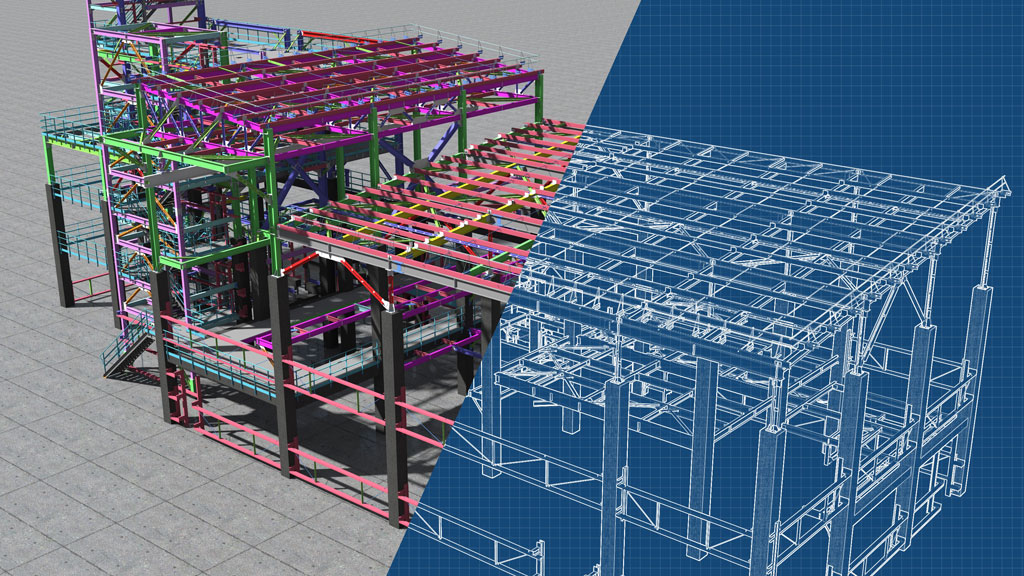Dementia is a growing health concern, and with it comes the need for new technologies to support those affected. Recent research has shown that digital assistive technology is being developed specifically to improve socialization and daily routines for older adults with dementia. The analysis focused on tools that enhance cognitive, sensory, and motor skills, as well as those that aid in education and rehabilitation.
As the number of dementia cases continues to rise, there is a growing demand for technology-based solutions. This is especially important as the number of caregivers in skilled nursing facilities and home care settings has not kept up with the increasing population of individuals with dementia. Over 45% of nursing home residents and 42% of assisted living residents have been diagnosed with dementia, highlighting the need for more support.
The review found several key areas where technology has been beneficial for individuals with dementia. These areas include preserving autonomy and dignity, improving daily activities, fostering social interaction, and monitoring health. While most studies showed positive outcomes with these assistive technologies, some individuals reacted negatively, experiencing anxiety and aggression.
The study authors suggested that future research should focus on voice assistants and advancements in language models to create more intuitive interfaces that do not require a high level of manual dexterity. The full study was published in the journal BMJ, offering valuable insights into the use of technology in supporting individuals with dementia.
In summary, new technologies are being developed specifically to help older adults with dementia improve their socialization and daily routines. Digital assistive technology is one such tool that aims to enhance cognitive, sensory, and motor skills while also aiding in education and rehabilitation efforts. As the number of individuals affected by dementia continues to rise, it’s important for researchers to focus on creating intuitive interfaces that prioritize autonomy and dignity while also promoting overall health outcomes.



